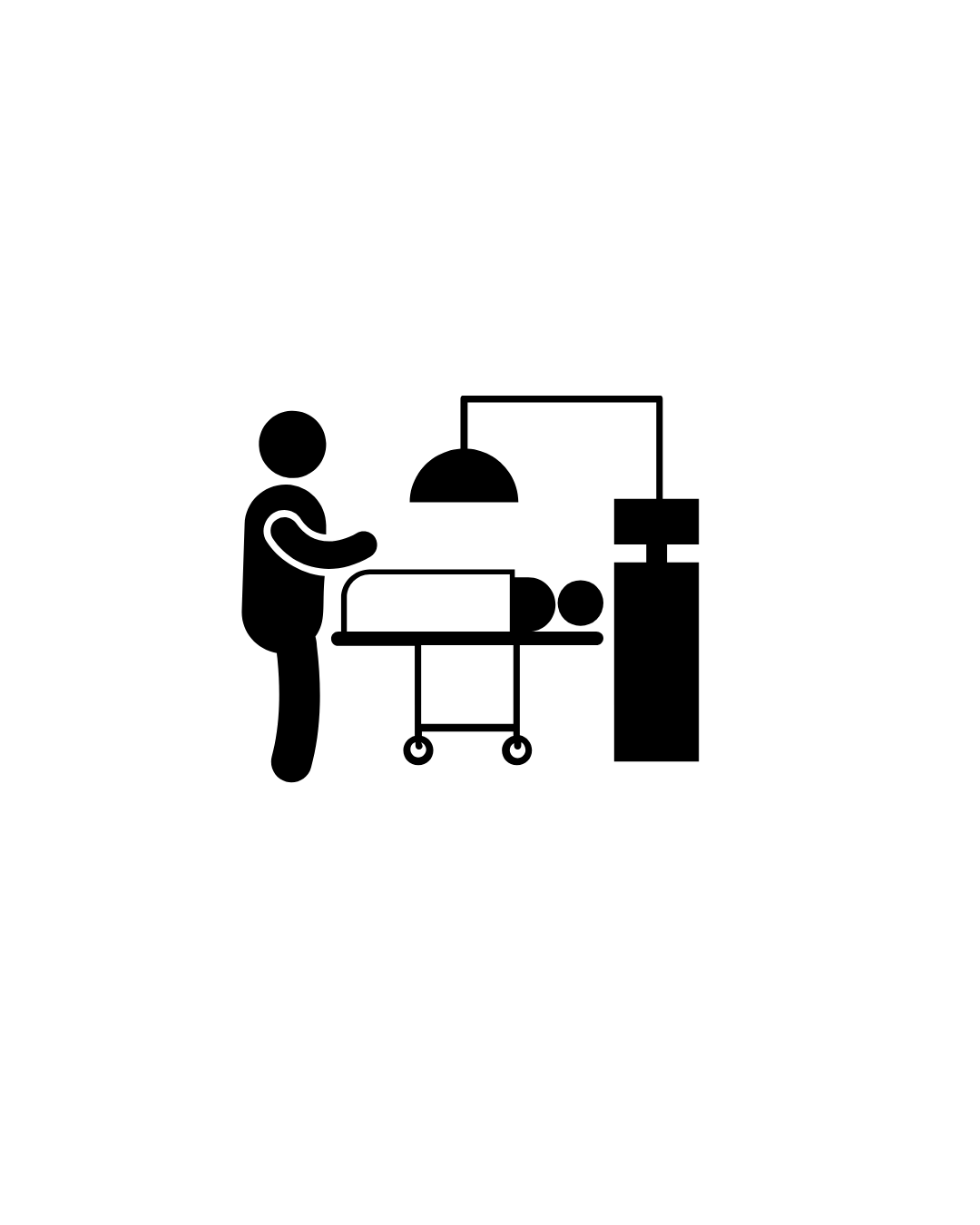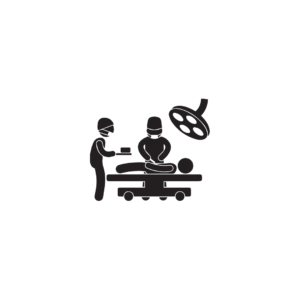Description
Overview of Diploma in Operation Theater Technology (OTT)
The Diploma in Operation Theater Technology (OTT) program prepares individuals to become skilled professionals who support surgical teams in operating rooms. This program emphasizes both theoretical knowledge and practical skills required for managing operation theater environments, assisting in surgical procedures, and ensuring patient safety. Graduates of the OTT program play a crucial role in the healthcare system, contributing to the successful execution of surgical operations.
Core Areas of Study in the OTT Program
Introduction to Operation Theater Technology
Overview of the role and responsibilities of Operation Theater Technologists, the surgical environment, and the surgical team.
Human Anatomy and Physiology
Study of human anatomy relevant to surgical procedures, including organ systems and their functions.
Surgical Procedures and Techniques
In-depth understanding of various surgical specialties (e.g., orthopedic, cardiac, general surgery) and techniques used in operations.
Operating Room Management
Skills for managing the operating room environment, including equipment preparation, sterilization procedures, and inventory management.
Infection Control and Aseptic Techniques
Principles of infection prevention, aseptic techniques, sterilization methods, and safety protocols to minimize the risk of infections.
Patient Care and Safety
Understanding patient needs before, during, and after surgery, with a focus on monitoring vital signs, providing comfort, and ensuring safety.
Anesthesia Techniques
Exposure to the principles of anesthesia, types of anesthesia used during surgery, and the role of the anesthesia team.
Emergency Procedures and CPR
Training in emergency procedures that may arise in the operating room, including basic life support and CPR techniques.
Clinical Practice
Hands-on training in real-world clinical settings, allowing students to gain experience in assisting with surgical procedures.
Curriculum Structure
A typical Diploma in Operation Theater Technology program may include:
Core Courses: Essential subjects covering anatomy, surgical procedures, infection control, and patient safety.
Laboratory Practice: Opportunities for hands-on training in the operation theater setting, learning to use surgical instruments and equipment.
Clinical Rotations: Real-world experience in hospitals, where students assist surgical teams and apply knowledge in patient care.
Elective Courses (if applicable): Options may include specialized topics such as laparoscopic surgery or advanced anesthesia techniques.
Capstone Project or Internship: A culminating experience that allows students to showcase their skills and knowledge in Operation Theater Technology.
Admission Requirements
Admission to a Diploma in Operation Theater Technology program typically requires:
A high school diploma or equivalent, with a strong foundation in science subjects, particularly biology and chemistry.
Minimum GPA requirements may vary by institution but are generally around 2.5 or higher on a 4.0 scale.
Some programs may require letters of recommendation and a personal statement that conveys the applicant?s interest in surgical technology.
Skills Developed in the OTT Program
Graduates of the Diploma in Operation Theater Technology program will develop essential skills, including:
Technical Proficiency: Ability to prepare the operating room, handle surgical instruments, and assist during surgical procedures effectively.
Attention to Detail: Precision in adhering to protocols and maintaining a sterile environment to ensure patient safety.
Patient Care: Skills in providing compassionate care and support to patients before, during, and after surgery.
Teamwork and Collaboration: Ability to work effectively with surgeons, nurses, anesthetists, and other medical staff in a fast-paced environment.
Problem-Solving Skills: Capacity to respond swiftly and effectively to emergencies and unexpected situations in the operating room.
Career Opportunities
Graduates with a Diploma in Operation Theater Technology can pursue various career paths, including:
Operation Theater Technologist
Assisting surgeons and nurses in the operating room during surgical procedures.
Surgical Assistant
Supporting surgical teams by preparing instruments, maintaining sterile fields, and anticipating the needs of the surgeons.
Surgical Equipment Technician
Managing and maintaining surgical instruments and equipment, ensuring they are in optimal condition for use.
Endoscopy Technician
Specializing in assisting with endoscopic procedures and maintaining endoscopic equipment.
Healthcare Educator
Teaching and training aspiring surgical technologists in academic or clinical settings.
Conclusion
The Diploma in Operation Theater Technology program provides comprehensive training for individuals seeking to participate in the surgical field. By equipping students with the necessary knowledge and skills, this program prepares graduates for successful careers that are critical to patient care and surgical outcomes. If you have any further questions about the Diploma in Operation Theater Technology program or related topics, feel free to ask!









